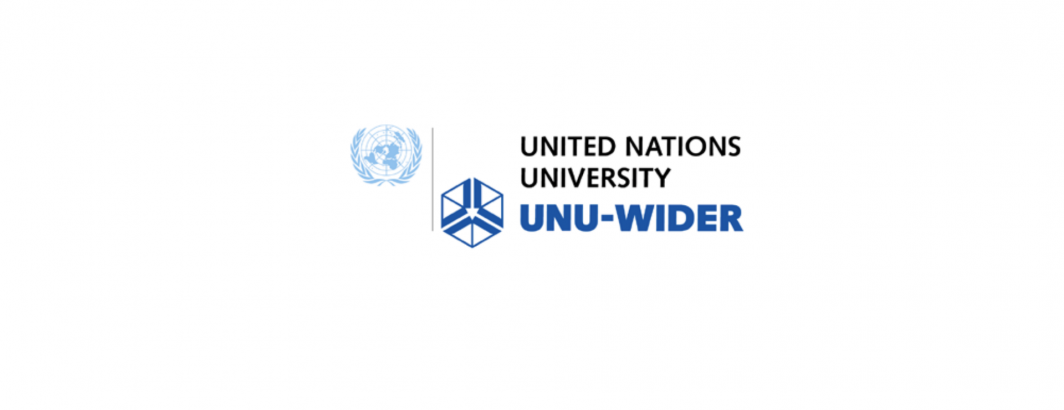
This paper studies the effect of austerity on forms of political participation—including voting, appealing for reform, and peaceful protesting—and the role of preferences for redistribution in shaping the relationship between individual exposure to austerity and political participation. The paper focuses on the case of the United Kingdom (UK) where, between 2011 and 2019, wide-ranging austerity policies were introduced to deal with high public debt in the aftermath of the 2007–08 financial crisis. Cuts to government spending on public investment, services, and social protection, especially during the initial fiscal consolidation phase of 2011–15, led to significant welfare losses for the population. We provide evidence from observational microeconomic data and a large-scale online experiment in the UK showing that individual exposure to welfare losses from austerity increases political participation and strengthens preferences for government redistribution. The experimental data suggests that changes in individual preferences for redistribution significantly shape the effect of austerity on political participation.